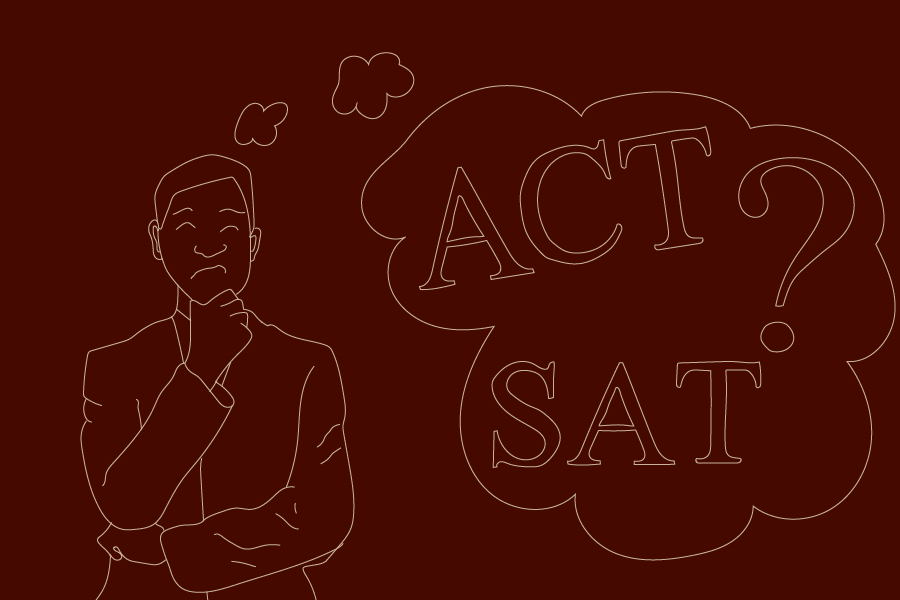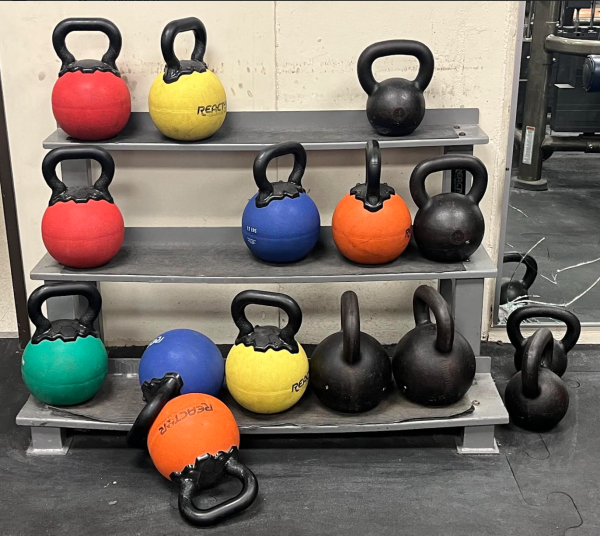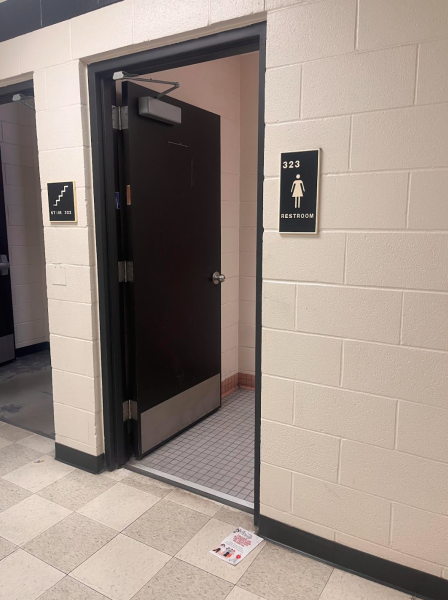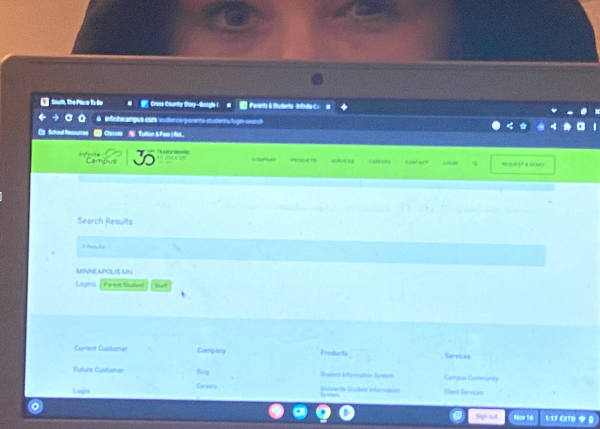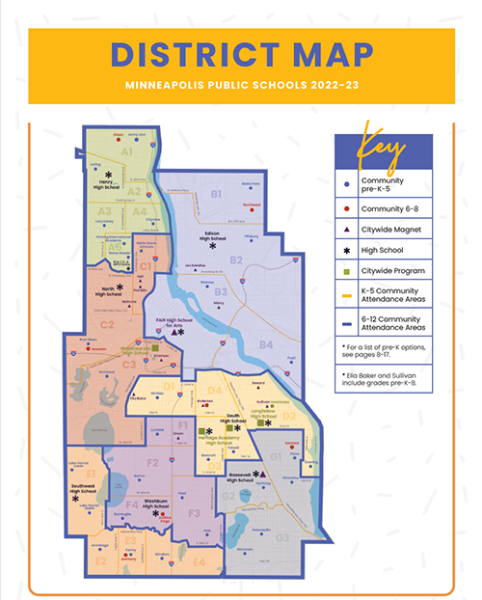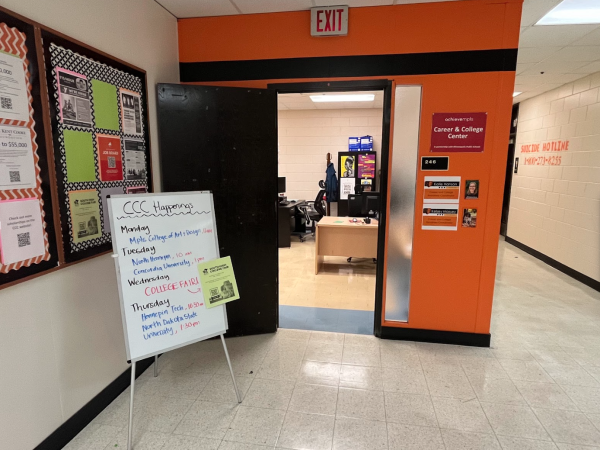Recent Prominence of Test-Optional Policies Give Students More Freedom In Their College Admissions
Over 1,600 colleges and universities have gone test optional amid the Covid-19 pandemic. “I think it will open up some pathways and avenues for more students to consider applying to four year institutions without having to be panicked by taking the SAT or ACT in order to be considered for the college of their choice,” said Kelsey Massey.
June 11, 2021
Recently due to the Covid-19 pandemic, students and teachers alike have spent the majority of the school year at home through distance learning. One of the more substantial changes this school year was the unprecedented number of colleges and universities nationwide that have switched to a test-optional policy regarding ACT and SAT tests. This prompted many students to question whether taking these standardized tests was necessary for them to be accepted into the college of their choice. “Standardized testing has been such a big thing blocking people from getting into schools and I’m excited that people have a greater opportunity to pursue a school without having to submit their standardized test scores,” said junior Lucy Stich.
This plethora of test-optional colleges has given more options to students who didn’t do well on standardized tests. This reduces the pressure placed on students to take these tests for them to be considered for the college or university they apply to. “This change is putting colleges and universities in a space where they can start to rethink if the ACT or SAT is one hundred percent necessary in determining if a student is college-ready,” said College and Career Counselor Kelsey Massey.
Some colleges and universities have even started implementing test-blind policies which don’t accept ACT or SAT test scores regardless of student submission, so it is recommended for students to check the application requirements for the colleges they apply to. This distinction from test-optional policies has given students the tranquility of knowing that standardized test scores aren’t even up for consideration. But this change further places emphasis on students’ GPA, transcripts, and recommendations. “I’m glad to see that some colleges are already implementing the test blind policy and I think that’s ultimately where I would like to see every college go,” said College and Career Counselor Katherine Hanson.
Test optional policies have also removed the barrier of entry by providing more opportunities for students who aren’t able to participate in standardized testing. The change broadens the pool of applicants after removing the testing requirement, which as a result, promotes diversity and inclusion among the academic population. “I hope that the college admissions system does eventually become more equitable and more fair towards everyone and I think that with colleges becoming test-optional, it would be a lot more helpful for students in the future,” said junior Zaraia Fabunmi.
Students are still skeptical about whether or not taking these standardized tests will help or hurt their chances of getting accepted into college. As more institutions move to extend test-optional policies in the future, it is expected that these student concerns will diminish as these policies become the new normal. “I think right now it’s going to take time for people to feel totally comfortable submitting their college applications without taking the test and still feeling like they have a lot of options,” said Hanson.
As of late, more prestigious colleges and universities have applied the test-optional change to their admission cycles. Ivy League schools like Cornell University, Columbia University, and Harvard University have extended their test-optional policies for the 2021-22 school year.
“I think test scores shouldn’t determine whether somebody gets into a university and it’s good that a lot of schools, especially the more prestigious schools, are allowing themselves to be test-optional,” said Stich.
Now that there are more than 1600+ schools that have switched to a test-optional policy in the United States, students have more variety in their choices. Some colleges and universities have even shifted to being permanently test-optional, setting the precedence for the future of college applications. “I think it will open up some pathways and avenues for more students to consider applying to four-year institutions without having to be panicked by taking the SAT or ACT in order to be considered for the college of their choice,” said Massey.
As we near the end of this school year with these test-optional policies in place, students welcome this new change with open arms. For colleges, it’s a policy that promotes diversity, boosts the number of applicants, and eases student stress towards standardized testing in the midst of a pandemic. “I think that this trend towards test-optional should definitely continue and it’s important to give students that option into the future,” said student Claire Van De Weghe.

